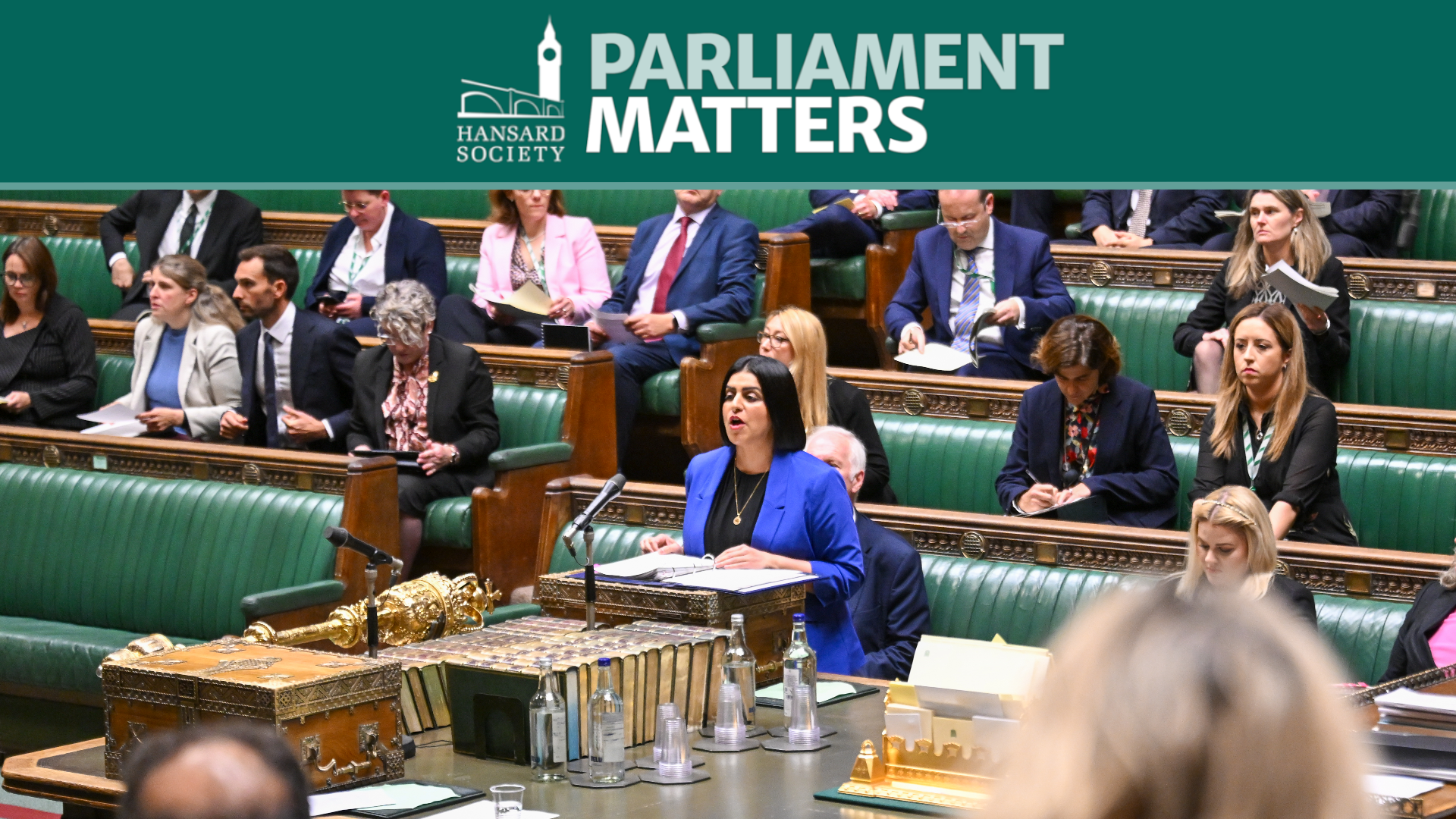News / Assisted dying bill: Special series #10 - Parliament Matters podcast, Episode 89
Having cleared detailed scrutiny in a Public Bill Committee, the Terminally Ill Adults (End of Life) Bill faces its next crucial test when it returns to the House of Commons for Report Stage on 16 May. This stage is often where Private Members' Bills falter. Will opponents of Kim Leadbeater’s proposals to legalise assisted dying win enough support to amend the Bill? Can supporters of the Bill fend off attempts to change it? And could the Bill be lost altogether, because of the procedural hurdles that still stand in its way?




